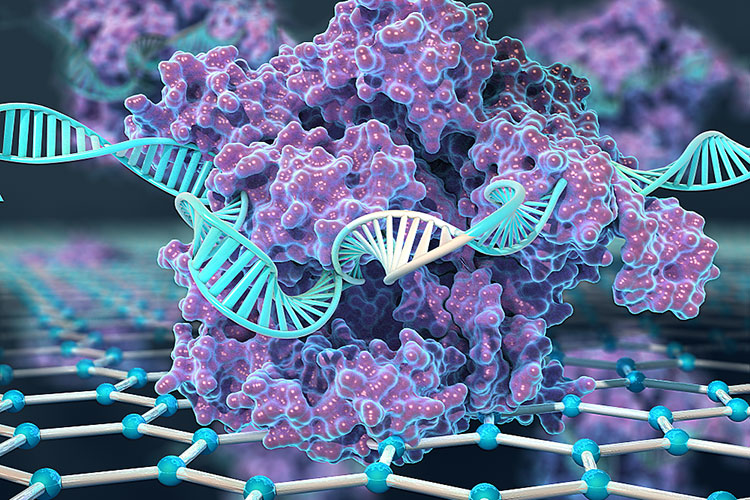
A research team conducted a study investigating genetic causes of the hematopoiesis dysfunction characteristic of myelodysplastic syndromes (MDS). The team specifically looked into any transcriptional alterations that occurred early during myeloid differentiation. Their findings were presented at the 66th American Society of Hematology Annual Meeting & Exposition in San Diego, California.
“By highlighting specific master regulators as potential therapeutic targets, we open new avenues for the development of targeted treatments aimed at ameliorating ineffective hematopoiesis in MDS patients,” the researchers explained.
The researchers analyzed hematopoietic stem and progenitor cells in elderly patients from 12 healthy donors and 18 patients with untreated MDS and unilineage or multilineage dysplasia. To pinpoint genetic alterations linked to disrupted hematopoiesis, the researchers performed differential expression, trajectory, and gene regulatory network analyses, followed by results validation with liquid differentiation and flow cytometry assays.
The differential expression analysis determined that the genes with altered expression in MDS were cell-type specific, and in all MDS subpopulations, were associated with enrichment in apoptosis and reduction of oxidative stress response. The team generated a statistical model that identified 579 genes during myeloid differentiation and 711 genes during erythroid differentiation, which showed altered expression trajectories in MDS.
“[T]he majority of these genes were not detected through conventional differential expression analysis, underscoring the value of sophisticated algorithms in uncovering potential contributors to the disease,” the researchers stated.
The subsequent functional ontology analysis suggested that the genes with diminishing expression levels in MDS were linked to the activation and functionality of myeloid cells. A gene regulatory network analysis then identified certain transcription factors, specifically ZMAT2 and SMARCD3, as possibly performing aberrant regulation of crucial genes, which then led to transcriptomic dysregulation in MDS.
The researchers also found that CRISPR-Cas9 inhibition of ZMAT2 in cell lines brought about enhanced myeloid differentiation capacity. They observed similar results with shRNA knock-down of SMARCD3 in primary CD34+ cells from patients with MDS.
“These results suggest that ZMAT2/SMARCD3 could serve as promising therapeutic targets in MDS,” the researchers concluded.
Reference
Diaz-Mazkiaran A, de la Fuente J, Serrano G, et al. Unveiling ZMAT2 and SMARCD3 as therapeutic targets to mitigate aberrant hematopoiesis in MDS. Abstract #879. Presented at the 66th American Society of Hematology Annual Meeting and Exposition; December 7-10, 2024; San Diego, California.







 © 2025 Mashup Media, LLC, a Formedics Property. All Rights Reserved.
© 2025 Mashup Media, LLC, a Formedics Property. All Rights Reserved.